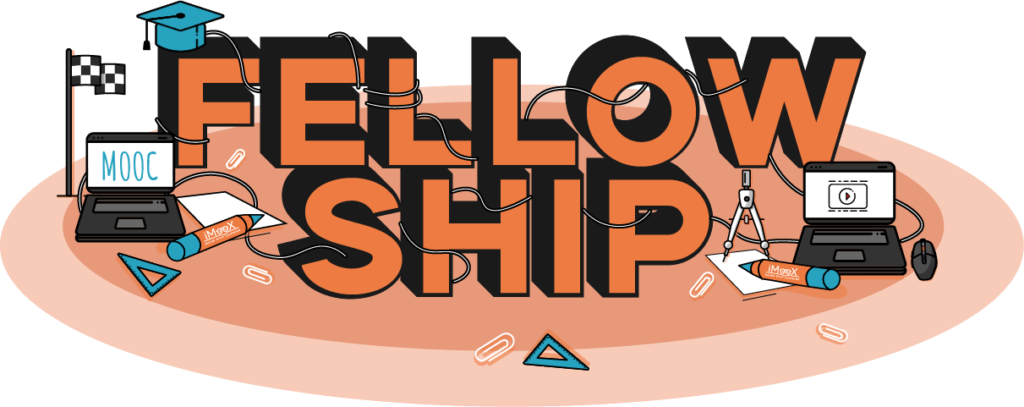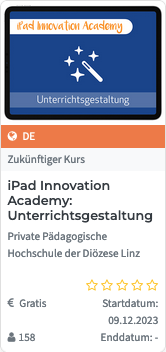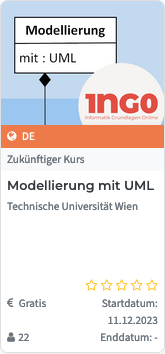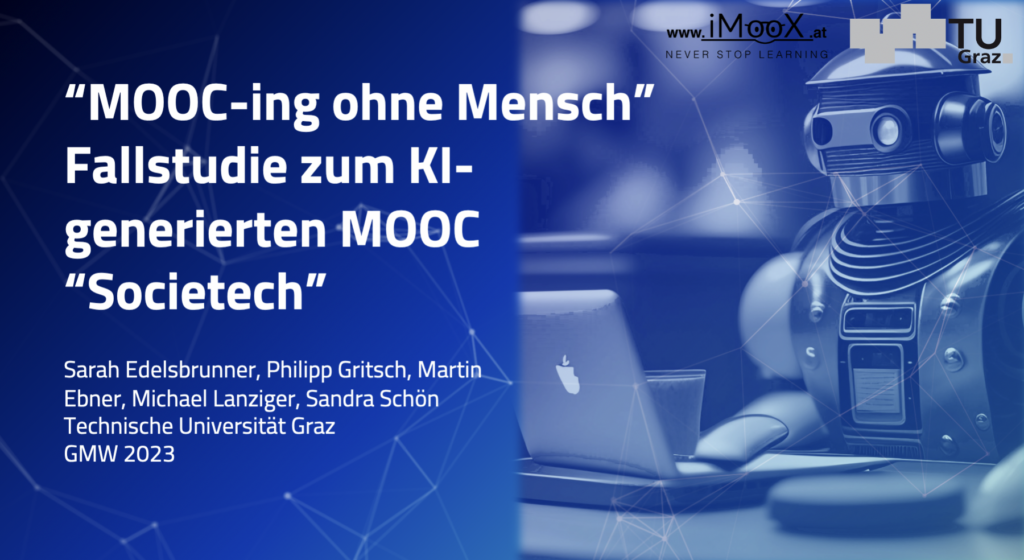Für das Handbuch digitale Instrumente der Ökonomischen Bildung haben wir einen Beitrag zu „Open Educational Resources (OER) – Grundlagen und Beispiele aus der Ökonomischen Bildung“ verfasst, der natürlich (als einziger Beitrag des Buches!) offen lizenziert und damit zugänglich ist:
In diesem Beitrag wird zunächst eingeführt, wie das Urheberrecht praktische Anliegen von Lehrenden herausfordert und was sogenannte offene Lizenzen sind, die umfangreiche Nutzungen erlauben, wenn dies die Urheber*innen wünschen . Dann werden praktische Tipps zur erfolgreichen Suche und korrekten Nutzung bzw . Veröffentlichung von OER gegeben . Der Beitrag stellt zuletzt ausgewählte OER-Beispiele aus der Ökonomischen Bildung vor, unter anderem das erste offen lizenzierte Schulbuch im Themenfeld und offen lizenzierte Res- sourcen von ZUM Wirtschaft.
Zitation: Sandra Schön, Martin Ebner (2023). Open Educational Resources (OER) – Grundlagen und Beispiele aus der Ökonomischen Bildung. In: Taiga Brahm, Claudia Wiepcke (Hg.), Handbuch digitale Instrumente der Ökonomischen Bildung, Frankfurt: wochenschau Verlag, S. 39-50. URL: https://www.researchgate.net/publication/369180090_Open_Educational_Resources_OER_-_Grundlagen_und_Beispiele_aus_der_Okonomischen_Bildung








